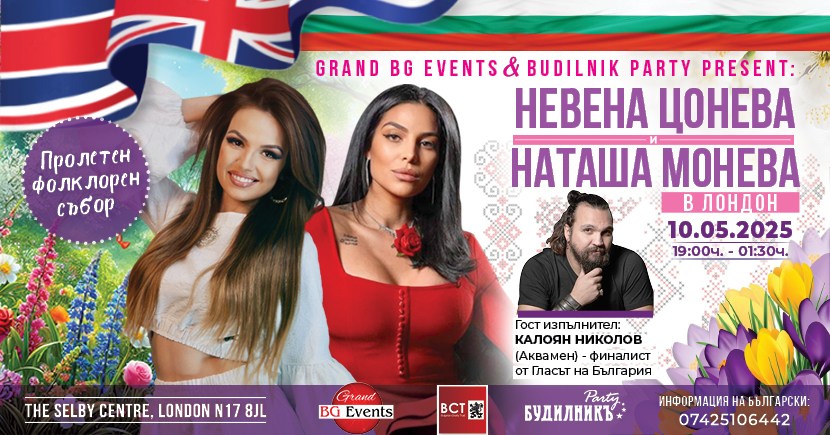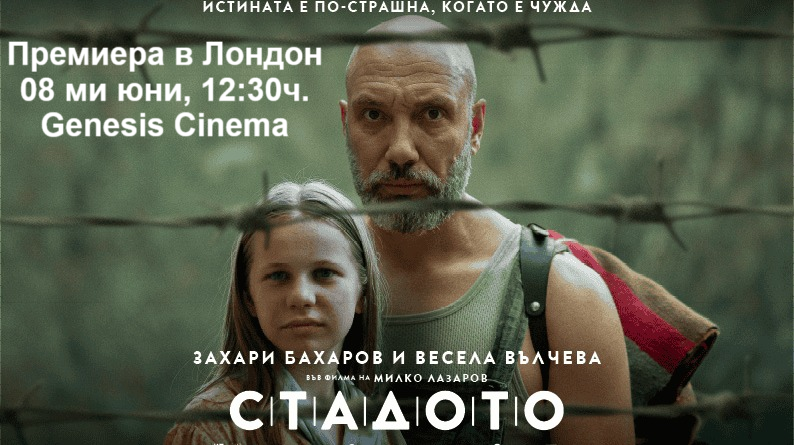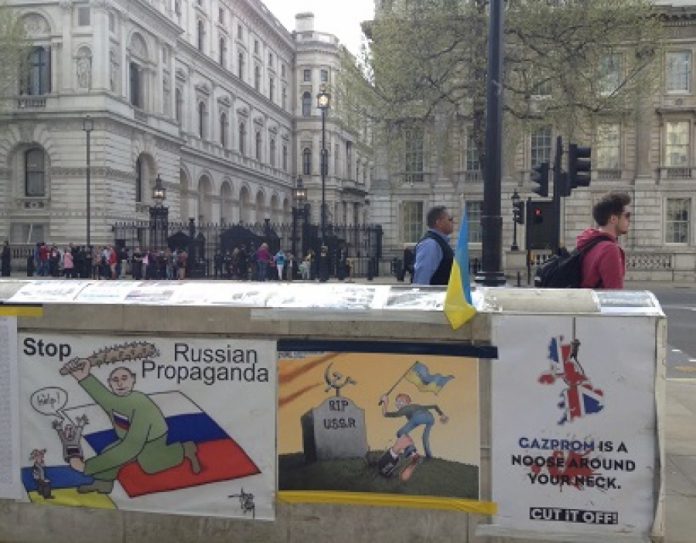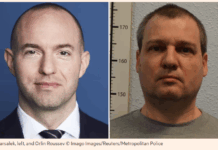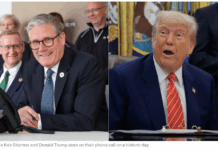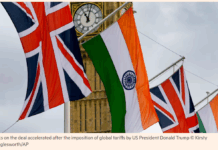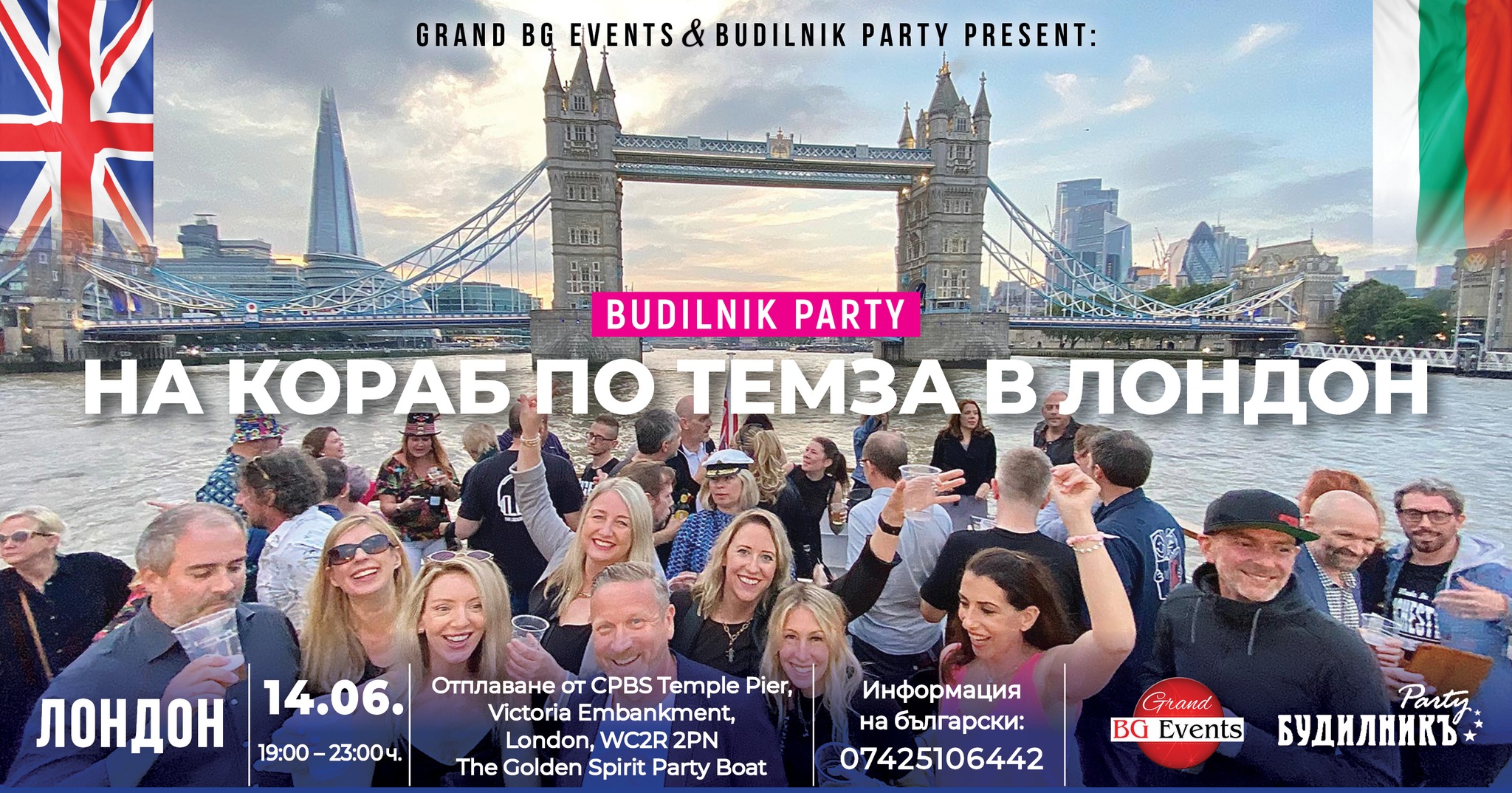By Rumyana Vakarelska
After a series of high profile ceasefire talks in Paris, Washington, Moscow, Kiev and Minsk, the Belarussian capital, a brief and incomplete ceasefire in Eastern Ukraine took place last weekend.
A key stumbling block to the talks is Russia’s objection to the supply of new military equipment from Western partners to Ukraine as the country’s President Petro Poroshenko requested such help to defend his state’s borders. The second obstacle to peace is Russian President Vladimir Putin’s view that Russia has not been actively involved in the civil war between the two countries since Russia’s annexation of Crimea on the pretence that that this was the will of pro-Russia’s rebels in Eastern Ukraine, who fought for the region’s autonomy outside Ukraine after the country declared its desire for a pro-EU future.
“Putin will not stop, he has to be stopped,” said Hannah Hopko from the Ukrainian Commission on Foreign Affairs to the international press. “This is why Ukraine needs international support, so it gets new arms to defend itself,” she said.
This position represents a tough verdict on the extensive international diplomatic efforts last week to end the civil war in Eastern Ukraine. Top leaders led by the German Chancellor Angela Merkel and the US President Barak Obama aimed to enable Russia and Ukraine to start peace talks in Minsk, leading to the establishment of a military strategy for a ceasefire in Eastern Ukraine.
The short ceasefire was meanwhile broken by new military action in Mariopol and Debaltseve, while a Ukrainian press crew was caught in the crossfire and rescued by a Reuters TV crew. These intense political and military developments show how difficult is to stop the needless loss of life on both sides, the further displacement of people and the devastation of whole regions that will not be populated any time soon.
Meanwhile, the Russian President Vladimir Putin has been looking for any international support that he can get to sustain his position, as on 17 February, two days after the fragile and almost failed ceasefire, Mr Putin went to Budapest to confirm a continuation of Russian oil and gas supply to Hungary, whereby the latter receives 80pc of its oil and 70 pc of its gas from Russia. This was the first visit of Mr Putin to any EU capital since his visit to Italy last year.
“Over the weekend the fire has been reduced, but the situation with Western weapons’ supply on request of Ukraine is a challenge to the ceasefire,” Mr Putin said at a press conference in Budapest on February 17.
President Putin visited Budapest on the invitation of the populist Hungarian Prime Minister Viktor Orban, who has over the last four year broken private utility monopolies, thus decreasing the price of gas, water, electricity and garbage collection by 25 pc, while increasing the country’s FDI’s by 22%.
However, 2000 protesters came out on the streets of Budapest to express their opinion on the Russian President’s visit during the war in Ukraine, saying that Hungary supports the EU position on the war in Eastern Ukraine. Mr Putin was expected to lobby for reduction of EU economic sanctions on Russia during his visit, while also relying on Hungary’s good economic and political links with Germany.
Mr Putin’s visit might have sent jitters across the countries from the EU’s Eastern bloc, who have just agreed new NATO logistical centres to be based in their countries, including Bulgaria, Estonia, Lithuania, Latvia, Poland and Romania as a cautionary measure in the face of the civil war in Eastern Ukraine and the increased threat to Europe from ISIS.
The big question in this conflict remains why the Russians, of those who do not support Vladimir Putin’s actions in Ukraine, have not yet notably challenged their President for a conflict, whose damaging legacy, loss and economic downfall for the whole region may last for a long time to come.
Many international political observers think that only the Russians and the Ukrainians would be able to establish peace between the two countries again and put an end to the ongoing military, diplomatic and humanitarian crisis in Eastern Ukraine that has so far taken the lives of at least 5,500 people. Is it the ‘virtual wall’ of Russian filtered news and analysis that flows freely from Moscow in Russian and in English or is it the fear from Mr Putin’s regime that stops more Russians from taking a stand?
For many in these countries and across Europe, who have grown up with the images of the WWII aftermath seeing Kalashnikovs used on a daily basis by pro-Russian separatists and the Ukrainian forces, seem to provoke more memories of the glorious WWII victory rather than a terrible sense of loss.
On the other hand, this might be just wishful thinking, as most people in the EU and US have little evidence of how ordinary Russians think about this conflict outside pro-Russia TV vox-pops. The new EU sanctions against nine organisations and 19 people keep sending the consistent message that the world at large disagrees with the Russian support of the civil war in Ukraine. Three of the above listed people include representatives of the Russian Duma, as well as members of the Russian Ministry of Defence and the pop singer Joseph Kobzon, who was once well known in Central Europe.
One of the UK’s top diplomats, namely Lord [Paddy] Ashdown, has claimed that Russia needs to be invited to play a bigger role in the world such as fighting ISIS in a global effort to combat global terrorism, but this has not yet become an open road towards influencing Russia’s ambition to reclaim its influence and territories in Eastern Ukraine. Instead, in the very week of high diplomatic efforts in the West to look for a solution of the crisis, he went on an official visit to Egypt to try to secure Russia’s role in building the former country’s first ever nuclear power station.
Left-wing parties in some of EU countries such as Bulgaria and Greece have called for a softer tone with Putin’s Russia on the Ukrainian crisis. The Bulgarian Socialist Party even planned to put to a vote in the Bulgarian National Assembly a proposal to stop the EU’s new sanctions against Russia, but failed to put it through at the end.
Ruling newly elected far-left Greek political party Syriza has also shown pro-Russian sentiment, while fighting to get a new deal on its EU’s bail out with the Eurogroup of EU countries, which are members of the Eurozone, in Brussels by the end of this week. In either case, there is a danger that certain commonalities in East Orthodox cultures and history can be mistaken with the consequences of the excruciating civil war in Eastern Ukraine. These include the acts of terror against ordinary civilians, many of which fled, while others in increasing numbers were made homeless or pushed to hunger and inhuman circumstances under the watch of the OSCE.
Some 200, 000 ethnic Bulgarians live in Donbass, 20 of them have been drafted in the Ukrainian Army, according to information from the Bulgarian Foreign Ministry, so this conflict already effects the wider EU community in ways other than just economic losses.
In the very week of almost failing international efforts for a ceasefire, the Bulgarian Foreign Minister Daniel Mitov and the Ukrainian Foreign Minister met to establish a coordination centre to help the Bulgarian diaspora in Ukraine, including the delivery of food and medicines and help in making arrangements for those who want to return to Bulgaria.
© Copyright Rumyana Vakarelska 2015
Rumyana Vakarelska of Team New Europe supplies original journalistic content and current affairs analysis for UK and international media.
t2015@Rumyana Vakarelska
